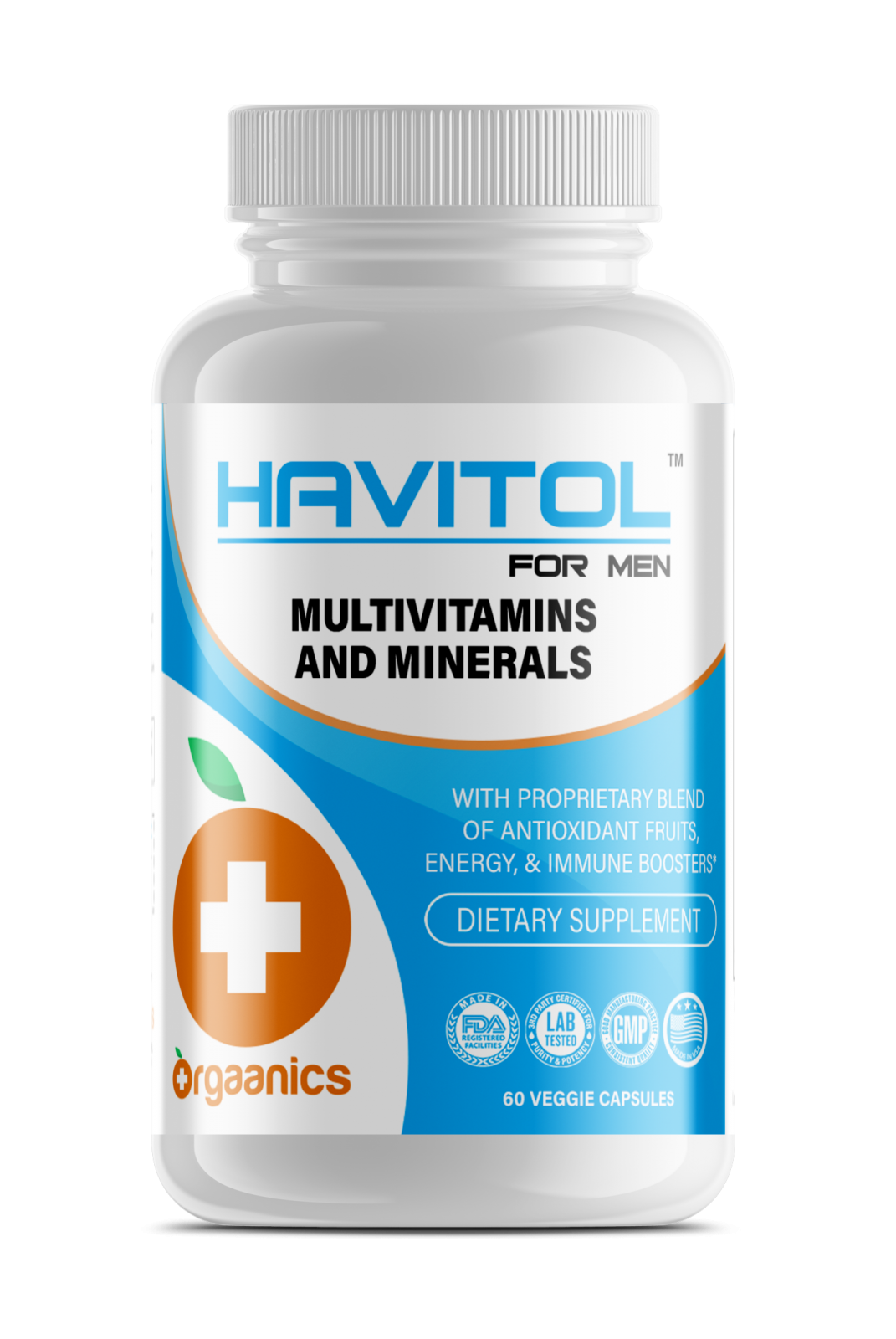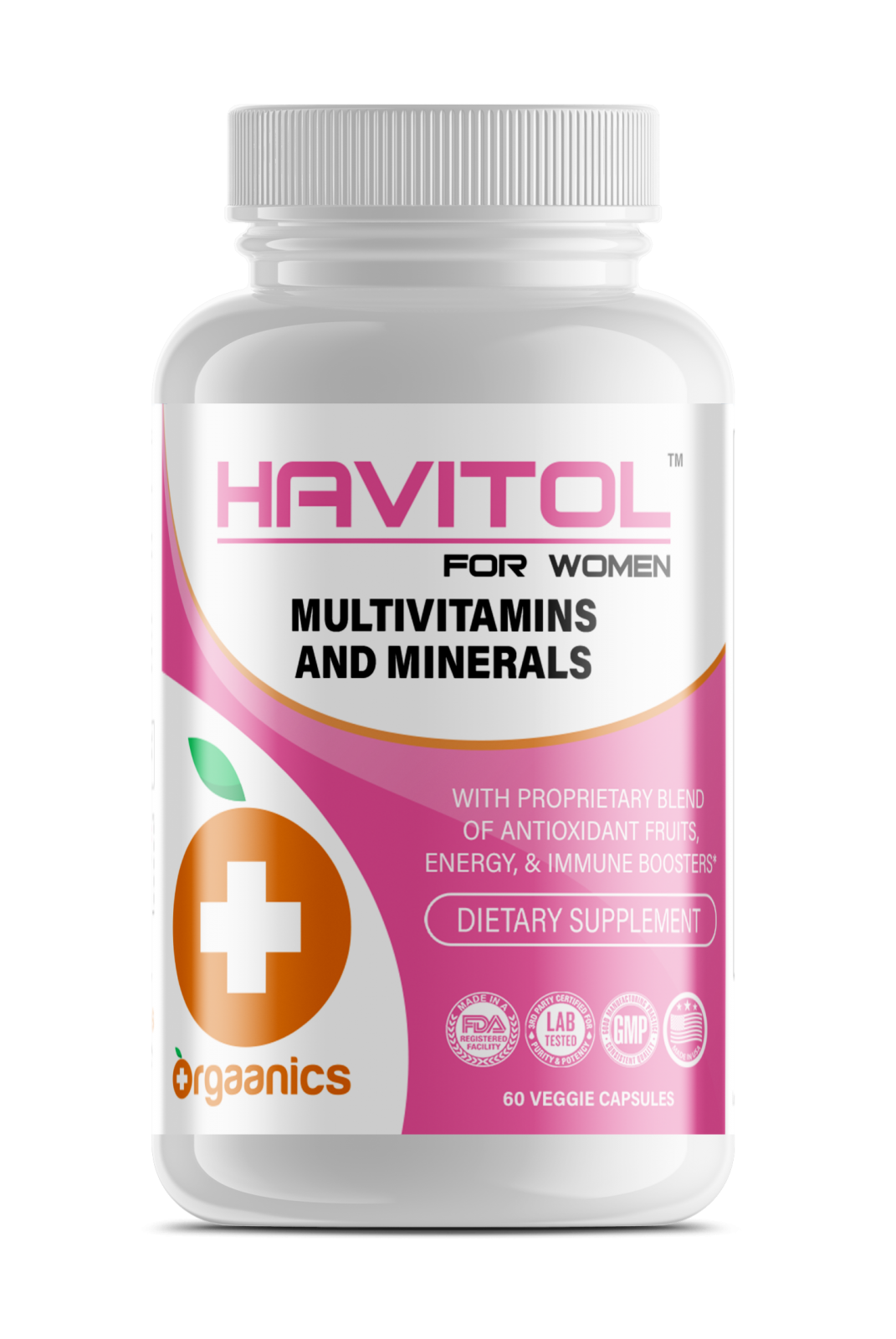The key to healthy eating is to focus on the whole, minimally processed food that your body needs as you age—food that is as close to its natural form as possible. Our bodies respond differently to different foods, depending on genetics and other health factors, so finding the healthy diet that works best for you may take some experimentation. These tips are a good place to start:
- Eat plenty of fruit and vegetables. Break the apple and banana rut and go for color-rich pickings like berries or melons. Aim for 2-3 servings a day. When it comes to veggies, choose antioxidant-rich dark, leafy greens, such as kale, spinach, and broccoli as well as colorful vegetables such as carrots and squash. Make veggies more appetizing by drizzling them with olive oil, sprinkling with goat cheese, or frying with garlic or chilli flakes. Try for 2-3 cups every day.
- Choose calcium for bone health. Maintaining bone health as you age depends on adequate calcium intake to prevent osteoporosis and bone fractures. Good sources include milk, yogurt, cheese, or non-dairy sources such as tofu, broccoli, almonds, and kale.
- Go “good fat” not “no fat”. Rather than trying to cut out fat from your diet, focus on enjoying healthy fats—such as omega-3s—that can protect your body against disease, and support your mood and brain function.
- Vary your sources of protein. As you age, eating enough high-quality protein can improve your mood, boost your resistance to stress, anxiety, and depression, and even help you think more clearly. However, eating too much protein from processed meat products such as hot dogs, bacon, and salami may increase your risk of heart disease, cancer, and other health problems. Vary your sources of protein instead of relying on just red meat by including more fish, beans, peas, eggs, nuts, and seeds in your diet.
- Eat more fiber. Dietary fiber can do so much more than keep you regular. It can lower your risk for heart disease, stroke, and diabetes, improve the health of your skin, and help you to lose weight. As you age, your digestion becomes less efficient, so it’s important to include enough fiber in your diet. Women over 50 should aim to eat at least 21 grams of fiber per day, men over 50 at least 30 grams a day. Unfortunately, most of us aren’t getting even half those amounts.
- Be smart about Carbohydrates. Choose whole grains over processed white flour for more nutrients and fiber and cut down on sugar and Refined Carbohydrates. While our senses of taste and smell diminish with age, we retain the ability to distinguish sweet tastes the longest, leading many older people to consume more sugar and refined Carbohydrates than is healthy. Unlike complex carbohydrates that are rich in fiber, refined or simple carbohydrates (such as white rice, white flour, refined sugar) can lead to a dramatic spike in blood sugar, followed by a rapid crash which leaves you feeling hungry and prone to overeating.
Important vitamin and minerals as you age
- Water – As you get older, you may be more prone to dehydration because your sense of thirst is not as sharp. Remember to sip water regularly to avoid urinary tract infections, constipation, and even confusion.
- Vitamin B – After the age of 50, your stomach produces less gastric acid making it harder to absorb vitamin B-12—needed to help keep blood and nerves healthy. Get the recommended daily intake (2.4 mcg) of B12 from fortified foods or a vitamin supplement.
- Vitamin D – With age, your skin is less efficient at synthesizing vitamin D, so consult your doctor about supplementing your diet with fortified foods or a multivitamin, especially if you’re obese or have limited sun exposure.
Cope with changing dietary needs
Every season of life brings changes and adjustments to your body. Understanding what is happening will help you take control of your nutritional and dietary requirements.
Physical changes that can affect your diet
- Metabolism – Every year over the age of 40, our metabolism slows, and often we become less physically active. This makes it even more important to adopt healthy eating and exercise habits to avoid weight gain.
- Weakened senses – Older adults tend to lose sensitivity to salty and bitter tastes first, so you may be inclined to salt your food more heavily than before—even though older adults need less salt than younger people. Use herbs, spices, and healthy oils—like olive oil—to season food instead of salt.
- Medications and illness – Some health problems or medications can negatively influence appetite or affect the taste, again leading older adults to consume too much sugar or salt. Talk to your doctor.
- Digestion – Due to a slowing digestive system, you generate less saliva and stomach acid as you get older, making it more difficult for your body to process certain vitamins and minerals, such as B12, B6, and folic acid, which are necessary to maintain mental alertness and good circulation. Up your fiber intake and talk to your doctor about possible supplements.
Lifestyle changes that can affect your diet
- Loneliness and depression – For some, feeling down leads to not eating and in others, it may trigger overeating. Sharing meals with other people can be an effective antidote to loneliness. Reach out to friends or neighbors—everyone loves a home-cooked meal and most people who live alone are in the same boat as you. Be the one to reach out and break the ice.
- Death or divorce – If you’re newly single, you may not be used to cooking or have little enthusiasm for preparing meals for just yourself. However, cooking your own meals can help you take charge of your health. The key to cooking for one is to master a few basic skills and get creative in making meals that work specifically for you.
- Living on a limited budget – With the right tips and a little planning, it is possible to enjoy healthy food on the cheap. Often, by simply cutting out junk and processed foods, you can free up enough in your budget to enjoy healthier, better quality food.
To ensure you’re getting all the nutrients your body needs as you get older, make sure to take Havitol for Men or Havitol for Women, only from Orgaanics.


